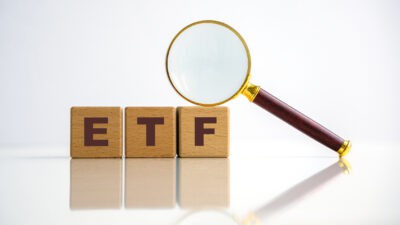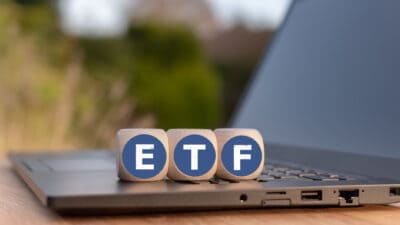Index-based funds are proving to be some of the best investments because of their broad diversification and the buy-and-hold approach.
If I were given $50,000 to invest in exchange-traded funds (ETFs) I would choose these three:
BetaShares FTSE 100 ETF (ASX: F100) – $20,000
UK shares are looking cheap with Brexit still ongoing, although a deal could be achieved after the general election which could give the share prices a quick boost.
There are some excellent big shares on the London Stock Exchange including Glaxosmithkline, Astrazeneca, Unilever, HSBC and Reckitt Benckiser. These are global companies with (at least) decent long-term futures. A bonus is that the yield of this ETF has been pushed up to around 5% with the price/earnings ratio looking low in today's environment.
BetaShares NASDAQ 100 ETF (ASX: NDQ) – $15,000
Some of the best technology businesses in the world are listed in the US on the NASDAQ. Shares like Microsoft, Apple, Facebook, Amazon and Alphabet all have strong growth prospects with things like cloud computing, artificial intelligence and virtual reality all exciting new industries.
If you want exposure to these large tech companies then this ETF could be the best way to get the biggest allocation to them.
Vanguard FTSE Asia Ex Japan Shares Index ETF (ASX: VAE) – $15,000
Low-cost leader Vanguard offers investors exposure to hundreds of Asian businesses which are benefiting from the fast economic growth of Asian countries with a middle class that is rapidly rising in wealth.
Some of the biggest holdings of this ETF include Alibaba, Tencent, Taiwan Semiconductor and Samsung. Alibaba is rated as one of the most promising long-term Asian blue chips with its huge eCommerce earnings and its other divisions.
Foolish takeaway
The Asian ETF has the highest risks but it could offer the best rewards with a decent dividend yields. NASDAQ shares are often called expensive and may be broken up depending on who wins the next election. The value investor in me is attracted to the UK share market with a solid dividend yield.






